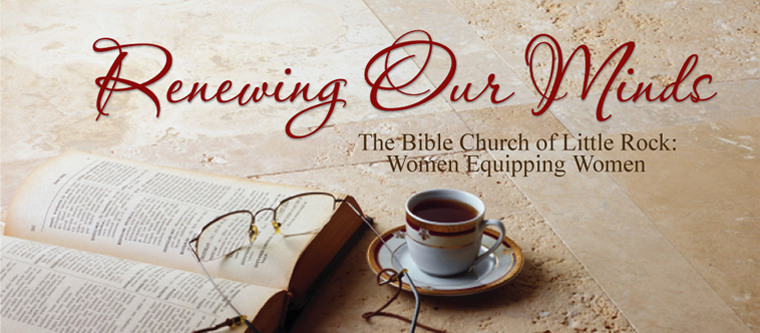by Jill Claxton
Why should we struggle to understand the Old Testament? Does it have any real application for our lives today? Some would say that because there is a new covenant through the death of Christ, the Old Covenants are null and void and therefore not worth our time. Many feel overwhelmed by the historic and detailed nature of endless genealogies and laws which do not apply to the modern day church. After all, the Old Testament is the long, drawn out, heart-breaking story of God’s chosen people constantly proving their unfaithfulness; but this may be one of the best reasons to study the Old Testament: to properly understand the nature of man and, more importantly, the character of God.
I have to admit that I actually love history, genealogies, and Jewish culture, but trying to understand the Old Testament has proven to be a challenge for me over the last 25 years, especially because of all the controversy in the evangelical world about the subject. About 15 years ago I made a conscious decision to try to read it for myself several times and get a grip on the “big picture” without referring to commentaries. Once I read it through several times, then I could better understand the debates and theological points of views of others, keeping separate God’s Words and man’s opinions. As a result I have fallen in love with the Old Testament and what it reveals to us about God’s plan of redemption. In other words, from before the foundation of the world God chose the garden to be the first step in His plan for the cross!
Beginning to view God’s plan of redemption starting to unfold from before the foundation of the Earth as stated in Ephesians 4:1-4 through Genesis and the entire Old Testament through Revelation made the Bible come alive. Suddenly every word had meaning - from the smallest jot and tittle of the law to the clearest prophecy of the coming Messiah. The New Testament Church viewed the Old Testament in this way, as should we modern day readers.
In Genesis, God reveals the failures of the human race to their Creator. In the next four books, He reveals his laws and the fact that even a chosen people credited with His righteousness and the presence of the Living God would still fail to keep God’s laws even after being delivered, forgiven, and constantly promising to obey God. In Joshua, Judges, and Ruth, we see the depth of man’s evil and God’s constant mercy and grace to his wandering people. In the times of the Kings from I Samuel through Chronicles, we see the Jews struggle as they deal with the consequences of choosing a king over God to “be like all of the other nations.” In the midst of all this, we see God’s grace continue as He constantly calls the Jews back to Himself through the prophets. God brings His people to the heights of glory during King David’s and King Solomon’s times to the depths of despair during the Babylonian captivity, showing them once and for all that even under the best circumstances, an earthly King was not the answer. Once the temple is ransacked, God’s presence leaves His people and all that is left are prophets calling for repentance, retribution of the nation’s enemies, and for the one and only Deliverer to save His people.
In the book of Daniel, God shows His exiled people a glimpse of the future and promises the Deliverer who had become their only true hope. Ezra, Nehemiah, and Esther show us a humbled, exiled people being restored to the promises of Abraham. We begin to see everything fall into place for the Messiah to be born into this people, come to His rebuilt Temple in Jerusalem, and fulfill God’s plan to deliver all of His people - both Jew and Gentile - from the curse of the sin that began in the Garden of Eden. The Old Testament is not only the story of the Jews but is the story of the entire human race and how it is reconciled to its one and only Creator.
Monday, April 20, 2015
Subscribe to:
Posts (Atom)

